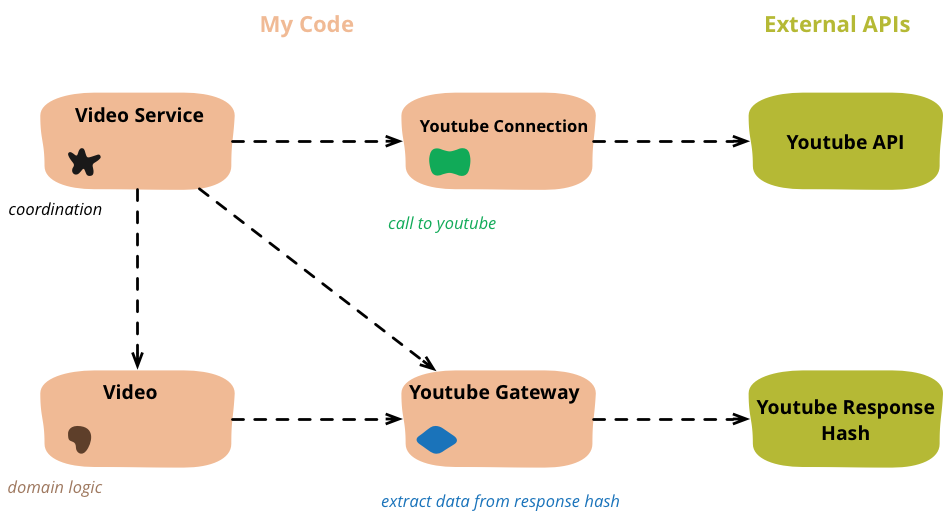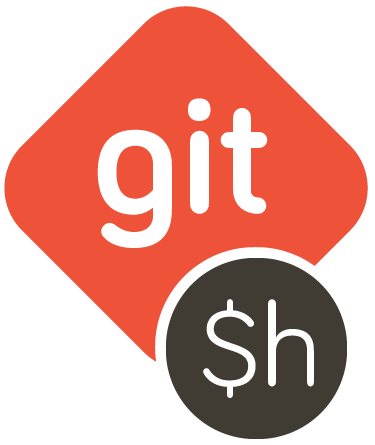Tag: ruby
Link: Refactoring code that accesses external services
gitsh: An interactive shell for git
GRPC: Open Source RPC framework built on HTTP/2 with libraries in 10 languages
- GRPC has libraries in C, C++, Java, Go, Node.js, Python, Ruby, Objective-C, PHP and C#.
- Define services using Protocol Buffers.
Awesome Ruby: Large collection of Ruby libraries, tools, frameworks and software
There’s a lot here. It’s going to take me awhile to dig through the whole list.
stamp: Ruby library for formatting dates and times based on human-friendly examples
https://github.com/jeremyw/stamp
See the Github page for a full list of features.
Dates
date = Date.new(2011, 6, 9)
date.stamp("March 1, 1999") #=> "June 9, 2011"
date.stamp("Jan 1, 1999") #=> "Jun 9, 2011"
date.stamp("Jan 01") #=> "Jun 09"
date.stamp("Sunday, May 1, 2000") #=> "Thursday, June 9, 2011"
date.stamp("Sun Aug 5") #=> "Thu Jun 9"
date.stamp("12/31/99") #=> "06/09/11"
date.stamp("DOB: 12/31/2000") #=> "DOB: 06/09/2011"
Ordinal Days
date.stamp("November 5th") #=> "June 9th"
date.stamp("1st of Jan") #=> "9th of Jun"
Times
time = Time.utc(2011, 6, 9, 20, 52, 30)
time.stamp("3:00 AM") #=> "8:52 PM"
time.stamp("01:00:00 AM") #=> "08:52:30 PM"
time.stamp("23:59") #=> "20:52"
time.stamp("23:59:59") #=> "20:52:30"
time.stamp("Jan 1 at 01:00 AM") #=> "Jun 9 at 08:52 PM"
time.stamp("23:59 UTC") #=> "20:52 PST"
Capybara: Ruby library to simulate user browser interactions with support for multiple test drivers
http://jnicklas.github.io/capybara/ ᔥ
Tired of clicking around in your browser trying to make sure your applications work as expected? Capybara is a library written in the Ruby programming language which makes it easy to simulate how a user interacts with your application.
Capybara can talk with many different drivers which execute your tests through the same clean and simple interface. You can seamlessly choose between Selenium, Webkit or pure Ruby drivers.
Tackle the asynchronous web with Capybara’s powerful synchronization features. Capybara automatically waits for your content to appear on the page, you never have to issue any manual sleeps.








